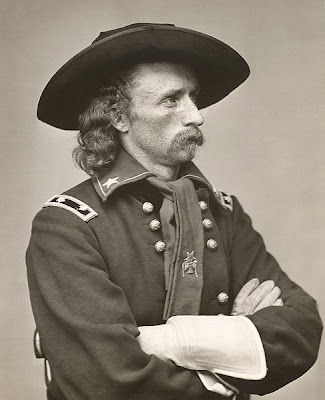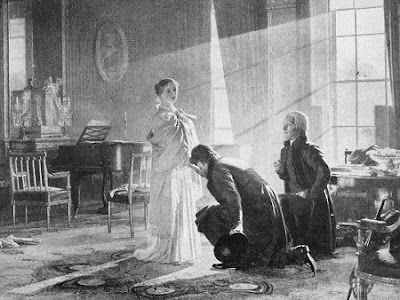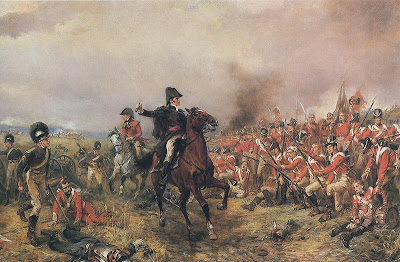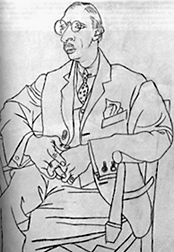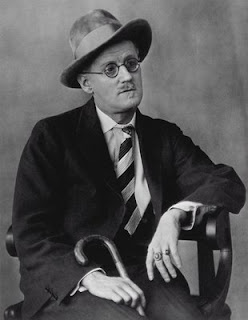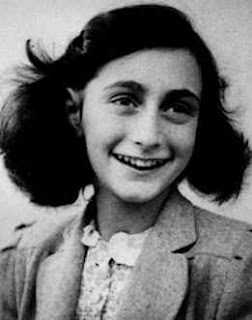iPhone photo:Rob Bell May 2008
President Abraham Lincoln signed a bill on June 30, 1864 granting Yosemite Valley and the Mariposa Grove of Giant Sequoias to the State of California "for public use, resort and recreation," the two tracts "shall be inalienable for all time". This was the first time in history that a federal government had set aside scenic lands simply to protect them and to allow for their enjoyment by all people.
Yosemite Valley (pronounced /joʊˈsɛmɨtiː/ yoh-SEM-it-ee) is a glacial valley in the western Sierra Nevada mountains of California, carved out by the Merced River. The valley is about 8 miles (13 km) long and up to 8,000 feet (2,400 m) deep, surrounded by high granite summits such as Half Dome, El Capitan, and Cloud's Rest, and densely forested with pines. Tenaya, Illilouette and Bridalveil Creeks join in the valley, and flow out of the valley's mouth as the Merced River, which eventually flows to the Pacific Ocean. The valley is renowned for its natural beauty, and is widely regarded as the centerpiece of Yosemite National Park, attracting visitors from all parts of the globe.
The Valley is the point of entry into the park for the majority of visitors, and a bustling hub of activity during "tourist season", with an array of visitor facilities clustered in the middle. There are both hiking trail loops that stay within the valley and trailheads that lead to higher elevations—all of which afford glimpses of the park's many scenic wonders.
Text:wikipedia.com

Image::wikipedia.com
Below is a reposting from December 3, 2008:
When I was a young child, my Dad’s study was in the parsonage at 216 State Street, a handsome four story Federal-style detached brick house (circa 1916) next door to the stone Gothic revival church just down the street in front of the State Capitol, a successful architectural pastiche with the general layout of the capitol in Washington, the staircase from the Paris Opera, and the dome of St. Peter’s in Rome (before the church turned the old parsonage into the church offices and bought a grand detached stone house uptown as the new parsonage).
This is reminiscent of the McFarland gardens at Polyclinic Hospital. It had been one of the premier rose gardens in the United States, with reflecting pools, arcades, and a handsome bronze fountain of the Three Graces, which Milton Hershey— of chocolate fame— had commissioned for his private garden. But Mrs. Hershey found the nudes offensive; so Mr. Hershey donated the fountain to the McFarland rose garden. J. Horace McFarland, a doctor and a founder of the American Rose Society, had created and endowed these gardens at his hospital.
Previously he had recommended the new site above Italian Lake for the relocation of the Civil War obelisk commemorating “The Suppression of the Rebellion,” which had blocked traffic on Second Street in front of the Capitol and had been a genuine traffic hazard. Dad was able to suggest these changes because he had been a friend of the two mayors at the time. Both events occurred when I was in junior high school or at Mercersburg, in the early or mid sixties.
A small Christmas card caught my attention. It had a sepia photo of the "Lone Cypress" at Carmel. I picked it up and read the note. It was from John Muir to his friend J. Horace McFarland and was dated 1914. I happened to know that John Muir died Christmas Eve 1914, and thought at first this must be one of the last things he wrote. But on closer examination, the card was notated “Rec’d 1/10/14” so it was from Christmas 1913. Even so, it’s a very special communication.
The card’s inscription reads:

“Dear Mr. McFarland,
Many warm thanks for the great work you have done and are doing for God’s beauty. Tho our long hard fight for Yosemite Park is lost, some compensating good must come from the aroused conscience of the whole country.Yours with love and admiration
Many warm thanks for the great work you have done and are doing for God’s beauty. Tho our long hard fight for Yosemite Park is lost, some compensating good must come from the aroused conscience of the whole country.Yours with love and admiration
John Muir”
I think the reference was to Hetch Hetchy Valley, which was dammed to provide a reservoir for San Francisco. Even today there is discussion about whether or not to restore the valley to its former natural state. I don’t think that will happen. We really need the water. But I’ve double framed the card, and consider it one of my most valued possessions.









